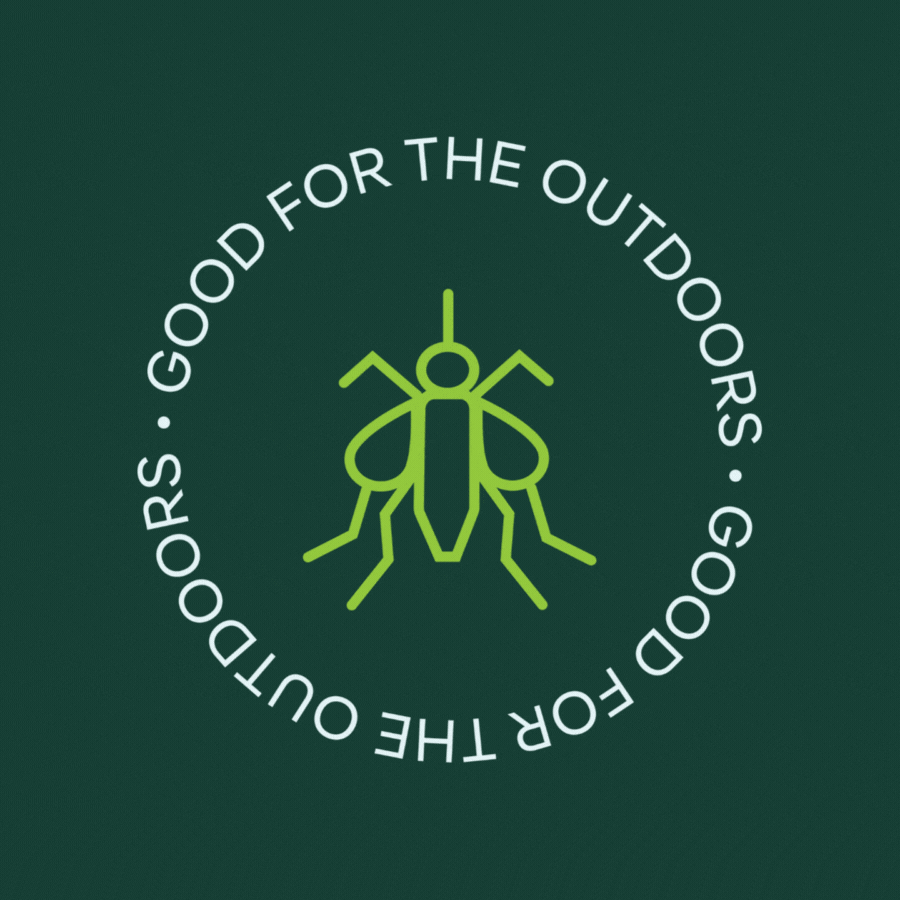The Great Outdoors are made all the more enjoyable with a little preparation. And that means having the gear you need before heading out on any hikes. We spoke with Brian Raffio, the Senior Adventure Travel Consultant for Climbing Kilimanjaro, to get some expert advice on what you really need. Make sure you take these hiking essentials with you before hitting the trail.
Hydration
Not only will a thirsty hike be pretty miserable, but it can be quite unsafe too. Make sure you always bring enough water with you on a hike, even if it feels unnecessary. A good rule of thumb on the amount of water to bring is one liter per hour.
But a great hydration system or water bottle will make carrying around that water a lot less annoying. For longer adventures, a hiking hydration pack, like this 3-liter one from Gregory, makes for easy access to water, anytime, anywhere. For shorter hikes, try clipping a water bottle to a belt loop or carrying it cross-body in a water bottle holder.
Snacks
You never know when you’ll need a snack. Always carry an energy bar or pack of granola with you on hikes for some on-the-go energy. Some of our favorites are the Cool Mint Chocolate CLIF Bar or KIND’s almond butter clusters. For hikes longer than two hours, bring more than one snack—you can get more tired than you think summiting mountains and scrambling down rocks.
Shoes
A good pair of hiking shoes can make the difference in whether you enjoy a trickier hike. They’re better than sneakers for most hikes, as hiking shoes are more durable and offer more support, and they’re designed to grip onto slippery, crumbly, or wet surfaces.
But hiking shoes don’t necessarily mean hiking boots. Instead, there’s quite a few other hiking shoes on the market, like shorter mid-hiking boots or slimmer trail runners.
Socks
In a similar vein to needed footwear are proper socks. “Keeping your feet dry and warm is a must,” says Raffio. “Having the right socks will also help prevent blisters—if you’ve ever hiked with blisters, you know how debilitating that can be.”
Hiking socks are often made of merino wool or synthetic yarn, and a decent pair isn’t too expensive either. Expect to pay $15 for warm-weather socks or $25 for cool-weather socks. Cotton socks, aka, the kind you probably already have at home, don’t dry quickly and trap moisture in. This means that on longer hikes, they can cause blisters and other not-so-great foot issues.
Compass Watch
Compass watches are a helpful hiking essential for keeping an eye on the time (while staying screen-free) and giving you a better sense of where you’re headed. While a reliable compass watch won’t be a budget pick, they’ll last for years. Compass watches might not be the first hiking tool you think of, but they’re certainly a helpful one.
First Aid Kit
“Even the smallest cut can turn into a major issue if not dealt with properly while in the wilderness,” says Raffio.
He recommends having a basic first aid kit on hand with band-aids, ibuprofen, moleskin, gauze, and dressing. A few alcohol pads are great for cleaning wounds too. These items are all quite small, so they can often be packed inside a plastic sandwich bag or an old mint tin and thrown into your backpack.
Backpacks
While you won’t need a massive backpacking pack for your four-mile hike, a small day pack, like this one from Osprey, will always come in handy. Small backpacks can hold your water, snacks, first aid kit, and other outdoor essentials. Consider buying one in-person so that you can try it on before you take the plunge. Don’t buy anything too big or bulky, or else you risk not actually using it on a hike.
Insect Repellent
Mosquitoes and ticks can ruin an otherwise enjoyable outdoor adventure. But bug bites are more than just irritating—they can also carry some serious insect-borne diseases too. So do yourself a favor (for both your hike and your safety!) and always remember to bring some insect repellent before heading to the Great Outdoors.
Our Mosquito & Tick Repellent Spray is effective and pleasant to wear (no stinky DEET here!), and it won’t damage your gear. If you do get bitten, use our bite relief balm stick when you get home—it’s lightweight and gets rave reviews on Amazon for quick itch and sting relief. Both of these hiking essentials are available in REIs nationwide.

